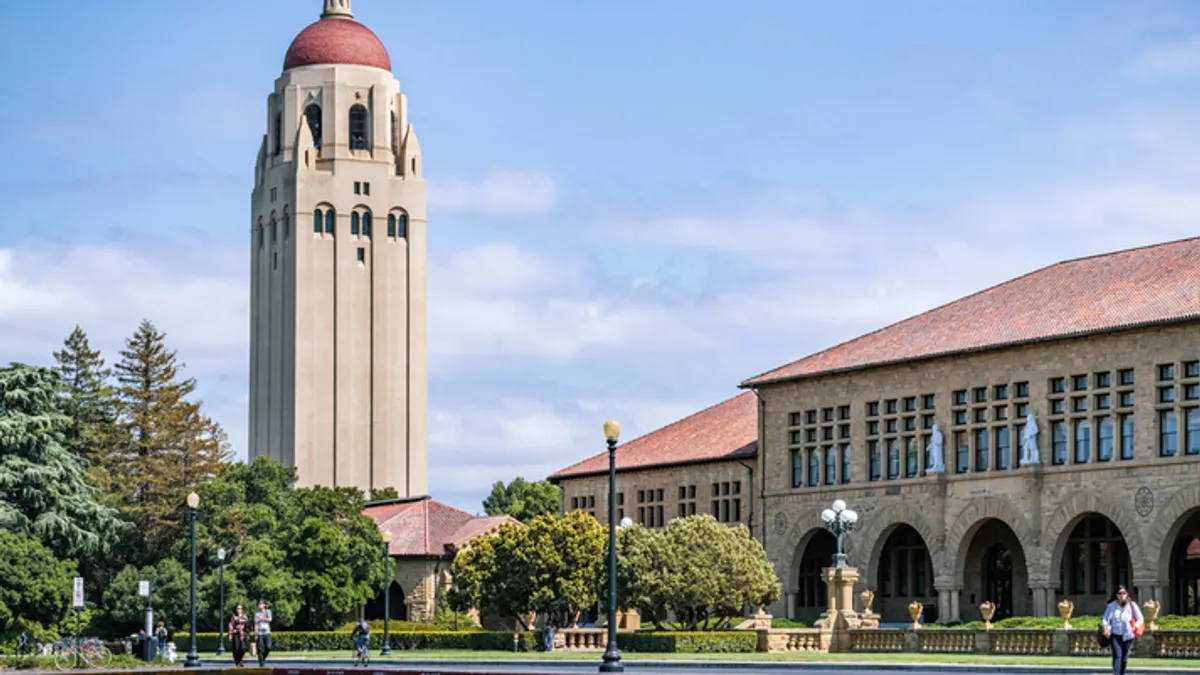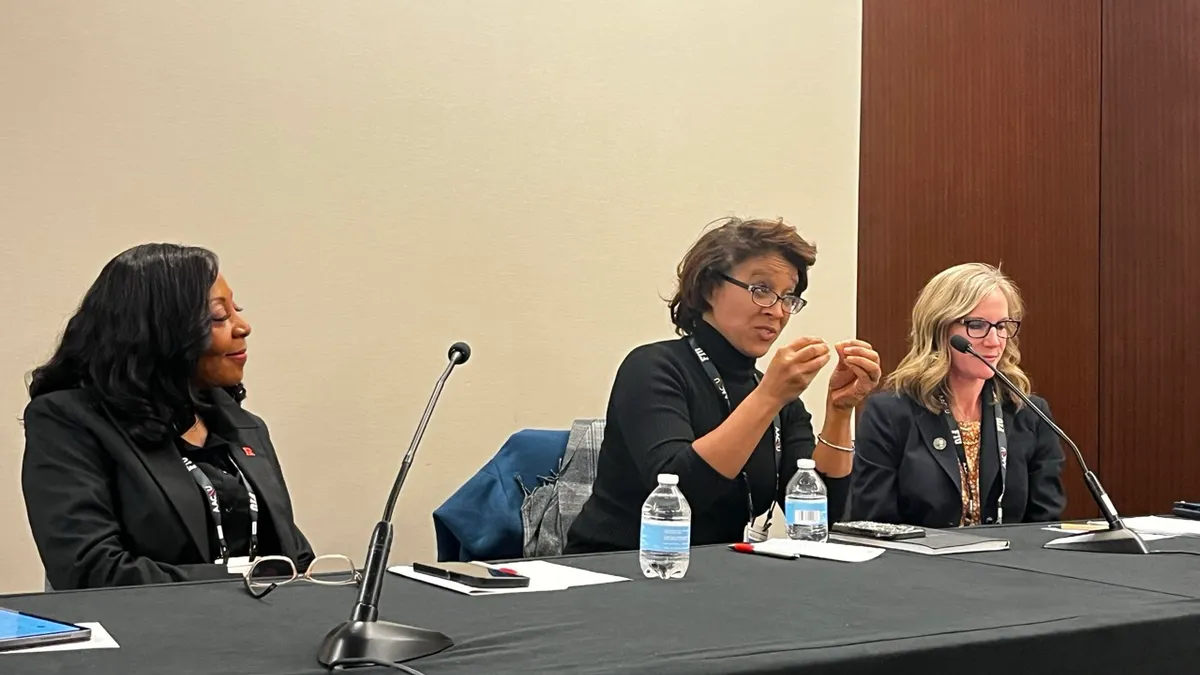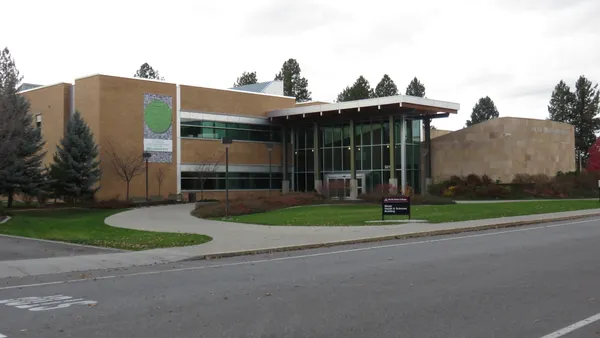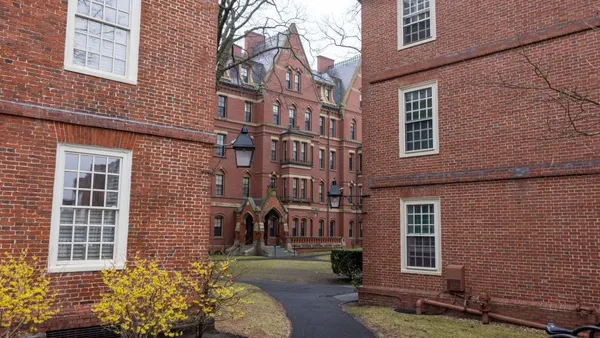Dive Brief:
- Stanford University will continue to consider applicants' connections to alumni and donors when accepting its incoming fall 2026 undergraduate class, despite a new California law meant to curb the practice.
- Last year, Gov. Gavin Newsom signed a law banning private nonprofit colleges that receive state-funded student aid from practicing legacy and donor admissions. Those who violate the rule, effective Sept. 1, must provide extensive demographic data on their newly enrolled students and the admissions rates of those with legacy or donor ties compared to those without.
- Stanford will no longer accept funding from state student aid programs "in order to comply with recent California legislation," it said last month. Instead, the university will use its own scholarship funding to make up the difference.
Dive Insight:
Like many highly selective colleges that offer legacy and donor admissions, Stanford accepts a disproportionate share of its undergraduates from that population. In fall 2023, 13.6% of the university's admitted undergraduate class had ties to alumni or donors, according to institutional data. Stanford's overall acceptance rate that year was just under 4%.
Former California Assemblymember Phil Ting introduced the legislation banning legacy and donor admissions in response to the U.S. Supreme Court's 2023 ruling striking down race-conscious admissions.
But several amendments to the bill significantly defanged it. Ting's initial language would have cut colleges that violated the ban off from access to the Cal Grant, a program providing financial aid to students from low- and middle-income families.
Instead, the version that passed the state house lacked monetary penalties for such institutions, opting for a name-and-shame approach. To that end, the California Department of Justice would publicly list such colleges on its website.
While lawmakers framed the legislation as a ban, Stanford's decision to continue using legacy and donor admissions demonstrates the limits of the law's influence. By turning down state funding, the university can avoid the data reporting penalty and being listed on the state justice department's website.
Stanford students who previously received state aid won't see a difference in the amount of financial aid they receive, and no action by them is required, the university said in a July 29 press release.
Admitted students whose family income is below $100,000 don’t pay tuition, room or board at Stanford. For households making less than $150,000 annually, students do not pay tuition.














